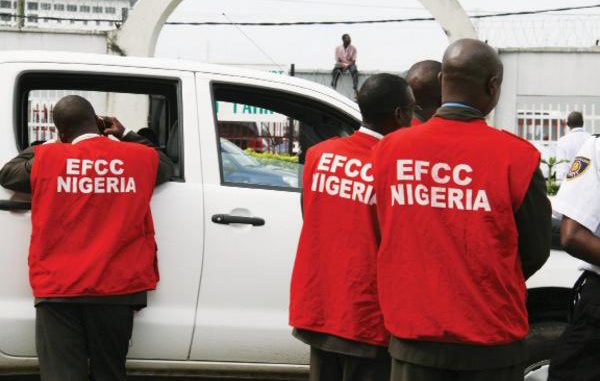
As part of its effort to carry Nigerians along in the anti-corruption crusade, the Muhammadu Buhari administration, in February 2017, instituted a whistle-blowing policy. The idea is to encourage anyone with vital information that can possibly expose corrupt practices and, in particular, lead to the recovery of stolen money, to come forward. To make it even more attractive, the government offered five per cent of the recovered money to the whistle-blower.
Before now, they were known as police informants who disclosed information to the security agencies which ultimately led to the resolving of tough security issues. It took a life of its own and an international dimension with the celebrated cases of the American, Edward Snowden, Czech Libor Michalek and Australian Julian Assange of the WikiLeaks fame.
Who is a whistle-blower? He or she is a person who exposes any kind of information or activity that is deemed illegal, unethical, or not correct within an organization that is either private or public. The information of alleged wrongdoing can be classified in many ways: violation of company policy or rules, law, regulation, or threat to public interest or national security, as well as fraud, and corruption. This, in general terms, is the definition of a whistle-blower.
Still further, those who choose to become whistle-blowers can bring information or allegations to surface either internally or externally. Internally, a whistle-blower can bring his or her accusations to the attention of other people within the accused organization such as an immediate supervisor. Externally, a whistle-blower can bring allegations to light by contacting a third party outside of an accused organization such as the media, government, law enforcement, or those who are concerned. Whistle-blowers, however, take the risk of facing stiff reprisal and retaliation from those who are accused or alleged of wrongdoing.
That is why it is often said that to be a whistle-blower takes bravery. A good example of this is Assange who is, today, a wanted fugitive not because the information he revealed was wrong but because he stepped on very sensitive toes some of them powerful countries.
Because of the risk involved, security agencies go out of their way to protect those who give them vital information especially if it leads to a major break. However, legal protection for whistle-blowing varies, from where and how secrets were revealed to how they eventually became published or publicized. In Nigeria, if the information is not accurate or is misleading, the whistle-blower stands the risk of prosecution.
Unfortunately, whistle-blowing can be an instrument of blackmail and witch-hunt. Someone may decide to use it to get back at a stingy relation as was the case of the former Group Managing Director of the Nigerian National Petroleum Corporation (NNPC), Engineer Yakubu. Also, because of the pecuniary benefits attached to it, it is almost becoming an industry in Nigeria with the security agencies themselves doing brisk business with the proceeds. The most notorious case is what has come to be known as Ikoyigate where tens of millions of dollars were stashed away in a private home in Ikoyi, a highbrow residential area of Lagos by a security chief. It was a major break that left not just Nigerians but also the international community aghast at the audacity of corruption in the country. There is another angle to it. The number of whistle-blowers claiming to have been involved in the disclosure is multiplying by the day to include lawyers angling to be part of the case for obvious reasons.
Considering the amount involved, five percent of more than $40 million dollars, a princely sum indeed, even the operatives of the Economic and Financial Crimes Commission (EFCC) themselves want a piece of the action. The delay in resolving the matter so that the money can be released to the whistle-blowers, in our opinion, is deliberate. They, too, want to be settled. Otherwise, they know who they got the information from the first time. That, in itself, is also corruption that may affect the policy as a whole as people may be unwilling to come forward with information.
Even worse is the situation in which it has become a media event and not many people will buy into the publicity the whole drama is generating. It is supposed to be covert operation. The identity of the persons are not expected to be known. But with lawyers and the media getting involved, the stakes have gone too high for some to include risk to life.
This is where we think the government should talk to the security agencies. This policy is about to go the way of most eloquent policies in the country, messed up by bad implementation processes. If the security agencies want the money, then they can go and be the whistle-blowers themselves. If what they want is information to enable them to do their work diligently, then they should take their eyes off the money. This, in our view, is important if the whistle-blowing policy must stand a chance of succeeding.
END

Great article!!! whistle blowing comes with a lot of risk especially relating to the life of the informant and family.
it has been aptly put this is becoming like those eloquent, good-on-paper policies that would hit the wall pretty soon.